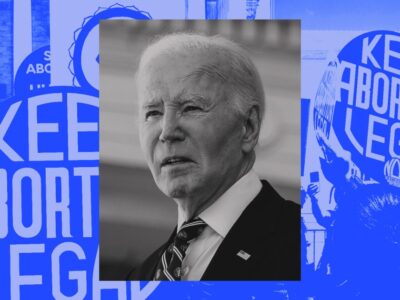
Senator John Fetterman (D-Pa.) entered Walter Reed Hospital for clinical depression in mid-February. Six weeks later, he returned home on Friday.
In a CBS Sunday Morning interview with anchor Jane Pauley, filmed two days before he was discharged, 53-year-old Fetterman opened up about what led him to seek treatment. “I had stopped leaving my bed,” he said. “I had stopped eating. I was dropping weight. I had stopped engaging some of the most—things that I love in my life.”
Fetterman’s doctors said he was not suicidal, though the senator described to Pauley an apathy towards being alive. “I never had any self-harm, but I was indifferent, though,” Fetterman said. “If the doctor said, ‘Gee, you have 18 months to live,’ I’d be like, ‘Yeah. Okay, well, that’s how things go.’”
In his interview, Fetterman said upon returning home, it will be the “first time ever” he will be in “remission with my depression.” But for many onlookers and fans, and even to one of his children, the idea that he was clinically depressed was perplexing. At a relatively rapid clip, he had gone from being the mayor of a small, struggling post-industrial steel town, to being the lieutenant governor of Pennsylvania, to defeating Dr. Mehmet Oz in one of the most competitive Senate races of the 2022 midterm cycle.
“I had a conversation with my 14-year-old and he said, ‘Dad, what’s wrong? We’re great, we’re here, and you won!’” Fetterman recalls. “[It was] an incredibly sad moment where my 14-year-old can’t possibly understand why you can’t get out of your bed.”
When Fetterman was admitted, on his 14-year-old son’s birthday, his initial condition included “severe symptoms of depression with low energy and motivation, minimal speech, poor sleep, slowed thinking, slowed movement, feelings of guilt and worthlessness,” according to his doctor, Dr. David Williamson, the chief of neuropsychiatry at Walter Reed.
His hospitalization came as he recovered from an ischemic stroke he suffered in May, just before winning the primary. As a result of that stroke, he had a pacemaker with a defibrillator implanted to regulate an abnormal rhythm and a heart muscle disease called cardiomyopathy. He has since struggled with auditory processing issues, though Williamson added that Fetterman’s speech improvement while hospitalized for depression was noticeable. “His depression, now resolved, may have been a barrier to engagement,” the physician said.
Fetterman hopes his openness about his mental health struggle and hospitalization will encourage people from all political backgrounds to seek help when they need it.
He also said he hopes to make up for lost time, taking his son to a belated birthday dinner, and to become “the kind of dad, the kind of husband, and the kind of senator that Pennsylvania deserves,” he said. “That’s what my aspiration is.”
Fetterman plans to return to Washington, DC, on April 17, when the Senate is back in session.















